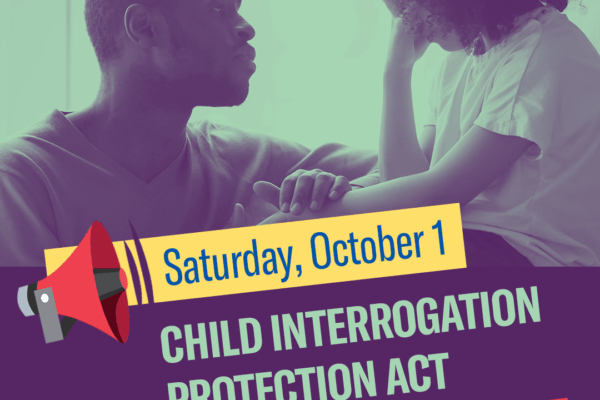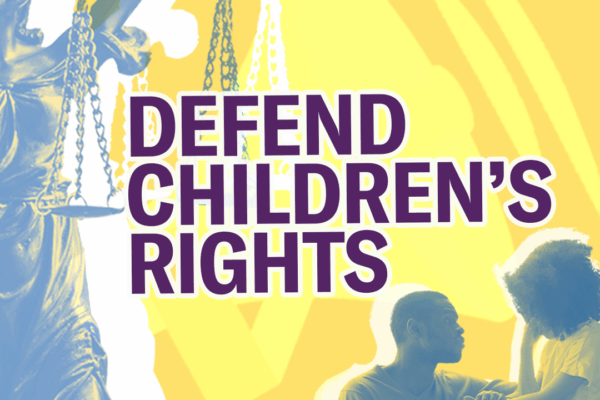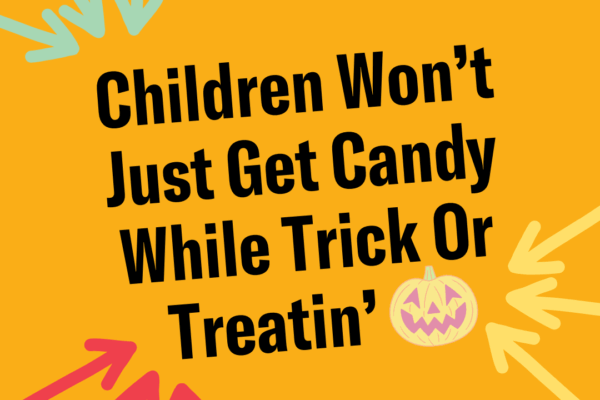New Laws Going into Effect on October 1st in Maryland
ANNAPOLIS, MD – After years of advocacy, the Child Interrogation Protection Act passed in 2022 and will go into effect this Saturday. This past legislative session, the ACLU of Maryland and our partners urged lawmakers to pass laws that will advance race equity and civil liberties. On October 1, several new laws are taking effect in Maryland. The community, our partners, and the ACLU are proud to say we worked diligently on legislation ranging from community reparations for racially biased marijuana enforcement, to police accountability, to children’s rights, and we made significant strides this year.
The Child Interrogation Protection Act is one of the laws going into effect this Saturday. It will require an attorney be consulted when a child is taken into custody. The bill also ensures that parents/guardians will be notified if their child is taken into custody. Finally, the bill establishes a rebuttable presumption that a statement made by a child during a custodial interrogation is inadmissible if a law enforcement officer willfully failed to comply with the bill’s requirements. This key aspect of the bill is so important because it has been demonstrated that children waive their rights at a rate of shockingly 90 percent, leaving them vulnerable to rights violations. According to the National Registry of Exonerations, 36 percent of exonerees who were under the age of 18 at the time of the alleged offense had falsely confessed, triple the estimated rate of false confessions for all ages.
“We worked with partners for several years to finally pass the Children Interrogation Protection Act, which is vital to protect the rights of Black, Indigenous and Children of Color who are overpoliced in their communities,” said Yanet Amanuel, public policy director for the ACLU of Maryland. “This new law will make a difference because every day in Maryland, children entangled in the legal justice system have been questioned without a parent, guardian, or attorney present. But no longer should children have to endure the injustice of facing criminal charges, prosecution, and incarceration without their basic due process rights protected.”
Black children are sadly the most vulnerable due to their young age and the racial bias of the criminal legal system. This is one of the reasons ACLU joined with our partners to pass the new Juvenile Justice System reform law, another new law that went into effect June 1. That law raises the minimum age of juvenile court jurisdiction and bans imprisonment of children for technical violations of probation and low-level offenses. Lastly, the new law removes barriers to diversion of children out of the criminal legal system.
The ACLU hopes these reforms help stop Black children from being targeted unfairly by our criminal legal system. However, Black children are currently over-represented in the prison system. According to the 2019 Census data, 77 percent of children behind bars are Black, even though 31.6 percent of children ages 5 to 17 are Black. This statistic must change and with the new reforms we are hopeful that they will change.
As we approach the 2023 legislative session, we will continue to work to strengthen our rights and advocate for our civil liberties.
Related Content

Opinion: Interrogation of Children Should Be Part of Police Reform Discussion
Stay Informed
Sign up to be the first to hear about how to take action.
By completing this form, I agree to receive occasional emails per the terms of the ACLU’s privacy statement.
By completing this form, I agree to receive occasional emails per the terms of the ACLU’s privacy statement.



